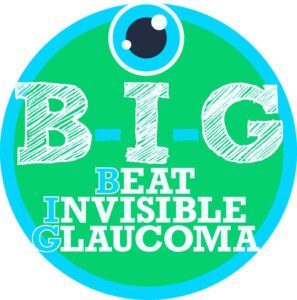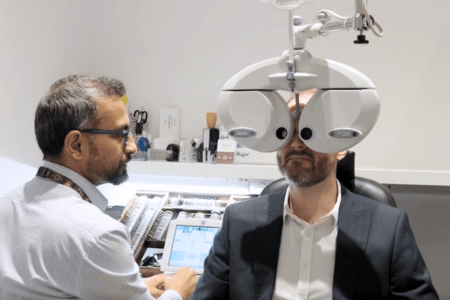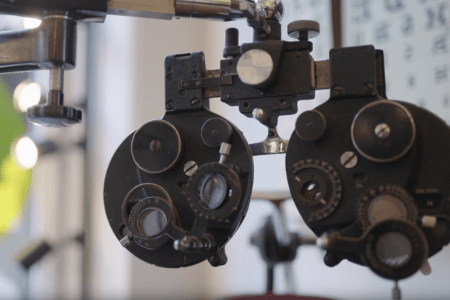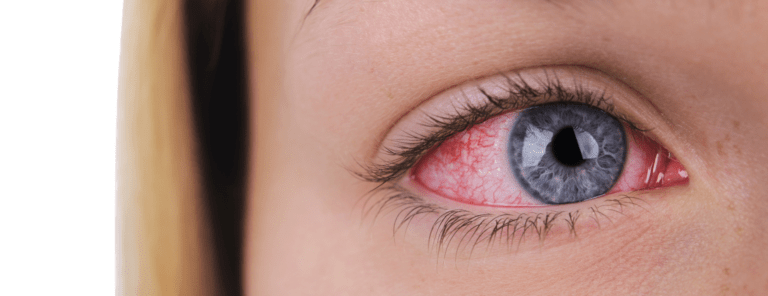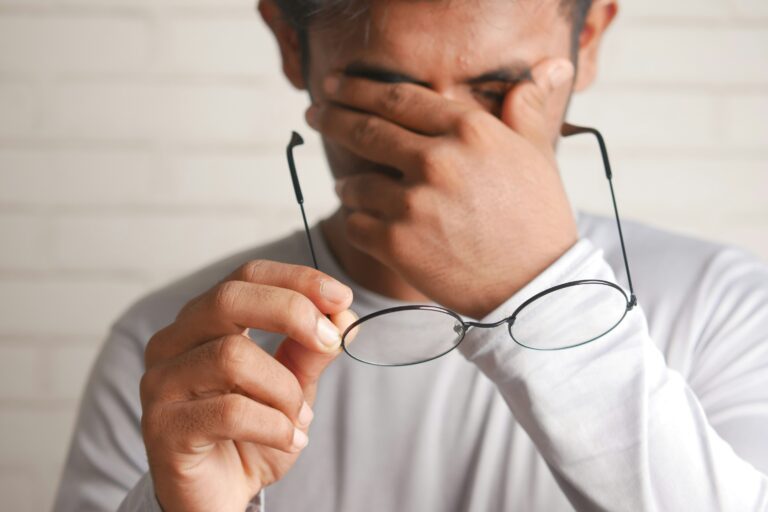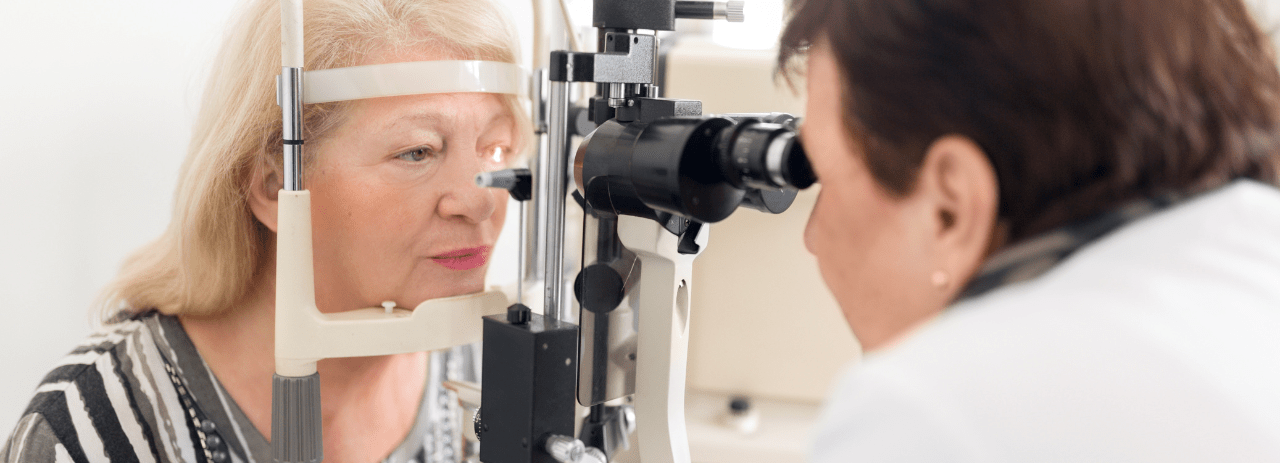
The annual World Glaucoma Awareness Week was 26th June – 2nd July 2023. It is a great reminder to put the renewed focus on the things that matter most to us – and that should include our eye health!
What is Glaucoma?
Glaucoma is a progressive eye disease that damages the optic nerve and causes irreversible vision loss. If left untreated, it can cause blindness.
Glaucoma is the leading cause of vision loss and blindness in the developed world. According to recent research, approximately 3 million people aged 40 and older have glaucoma – and shockingly – half of them do not know they have it!
That’s because glaucoma has no symptoms in its very early stages. This is a key reason why regular eye examinations with your optometrist are very important. Vision that is lost to glaucoma cannot be restored, but early detection and treatment of glaucoma can help reduce ‘or halt’ severe vision loss.
What’s your pressure?
The eye and a bicycle tyre have one thing in common: both require the right amount of internal pressure for safety and performance. Elevated eye pressure can be a risk factor for developing glaucoma.
Glaucoma is a group of eye diseases that lead to progressive damage to the optic nerve.
When was the last time you had an eye examination?
Early Diagnosis is Key!
Early diagnosis and treatment of glaucoma is critical to managing this disease. Glaucoma remains under-diagnosed – up to half of glaucoma patients are not aware they have the disease, so regular check-ups with an eye care professional are critical. If you are concerned about your vision or that of a loved one, schedule an eye appointment today.
Glaucoma affects peripheral (or side) vision, narrowing the field of vision. The loss of peripheral vision can cause glaucoma sufferers to be more likely to fall but can also affect eligibility to drive.
Know Your Risk
Anyone can develop glaucoma. You risk increases with…
- Age
- Uncommon under 40yrs
- Risk approx. 2% >40yrs steadily rising per decade to 10% in over 80s
- Family History
- 10x greater risk if first degree relatives (parents / siblings) with established glaucoma
- Ethnicity
- 4x greater risk in individuals of African or Afro-Caribbean decent, where it also tends to appear earlier and be more severe
- Highly short-sighted (Myopic) > 6.00D
- General Poor Health
- Diabetes, low blood pressure, poor blood circulation but also other health problems and/ or medications (steroids) which affect the whole body
- High Eye Pressure – Ocular Hypertensives
- Thinner Corneas – due to eye disease or refractive (LASER) surgery
Treating Glaucoma
It is very important the condition is diagnosed and properly managed – Glaucoma cannot be “cured” but with modern eye tests and screening, glaucoma is usually picked up before significant damage is caused. It is then possible to treat the condition with medication and / or surgery in order to stop it progressing. Careful monitoring and regular use of eye drops result in the majority of patients retaining useful sight for life and continue to live a completely normal life.
Regular Eye Examinations Are Important.
Make sure to schedule your regular eye examinations with your optometrist to help ensure your healthy vision now and into the future.
Glaucoma does not cause any symptoms until it has advanced, so it is very important to have your eyes tested regularly by your Optometrist, and especially so, if you fall into any of the higher risk brackets. With early diagnosis, careful monitoring and correct use of any medication prescribed, most people will retain useful sight for life.
